RELATED ARTICLE
Le silence de la mer: Stranger in the House
The Criterion Collection

At first glance, Jean-Pierre Melville’s body of work might seem to display a schizophrenic split between two currents or tendencies. The first is in total symbiosis with the history of France and is rooted in the filmmaker’s own life, notably in his involvement in the Resistance from the beginning of the Occupation, his participation in Gaullist networks, and his clandestine work under various pseudonyms (Cartier, Nono). He reached England after a punishing odyssey: in the Pyrenees, he lost his brother, who was abandoned by his guide and died in the snow, only to be imprisoned in Spain before managing to board a ship. He joined the army and fought in the Italian and French campaigns. During the years I knew him, he always said that “the army and the war were the best period in my life,” overlooking his ordeals and suffering and the death of his brother. He would jokingly tell me that he crossed over to England to see Michael Powell and Emeric Pressburger’s The Life and Death of Colonel Blimp, repeatedly describing the film’s initial scenes and dwelling on that first flashback in the Turkish bath: “one of the most beautiful flashbacks in the history of cinema, dear boy, along with the one in Henry King’s Twelve O’Clock High.”
Melville’s
life in the Resistance inspired three of his masterpieces: Le silence de la mer; Léon
Morin, Priest; and Army of Shadows, which in the United States are
often unfairly eclipsed by his series of gangster films. Despite its
imperfections and the deplorable casting of Edouard Dermithe, one could also add
Les enfants terribles, adapted from Cocteau, who
speaks the film’s magnificent voice-over and whom Melville described as “a
French ambassador to France.” It should be added that Melville admired Clouzot
and Becker. He wrote a superb article on Le
trou shortly after Becker’s death.
The second current appears to be the exact opposite of the first and is shaped by a fascination with the United States and American culture. Let’s not forget that Jean-Pierre Grumbach chose the pseudonym Melville after reading Herman Melville’s Pierre: or, The Ambiguities, paying homage to the author of Moby Dick, a novel whose sublime first sentence he loved to quote: “Call me Ishmael.” I could as easily have referred to his love of Anglo-Saxon culture, for Melville also venerated Aldous Huxley, Oscar Wilde, Graham Greene, David Lean, and Carol Reed’s The Third Man. But the United States and American cinema played a defining role. This was a cinema he had learned to love not in school but by discovering the films in a movie theater with the public, in his youth, notably thanks to the double programs (most often of Warner productions) at the Apollo theater at 20, rue de Clichy, which had a retractable roof and was inaugurated in 1932 with a run of James Whale’s Frankenstein. On the day the program changed over, one could see the two new films added to the bill at the last screening—four films in one evening! Lino Ventura, the star of Melville’s Le deuxième souffle and Army of Shadows, also nostalgically told me about the Apollo theater eventually shuttered by the Germans for screening Litvak’s Confession of a Nazi Spy. It was in pre- and postwar movie theaters that Melville developed his passionate love for Huston, Stevens, Robert Wise, Ford, Capra, and especially William Wyler, filmmakers who were sometimes disdained by the very critics who championed his own films (it’s fair to say time often proved Melville right). Melville could be extremely violent in his rejection of certain films; he never forgave me for taking him to see Lang’s Moonfleet and especially Nicholas Ray’s Johnny Guitar. On the other hand, he loved Kazan’s A Face in the Crowd and its near total absence of camera movements.

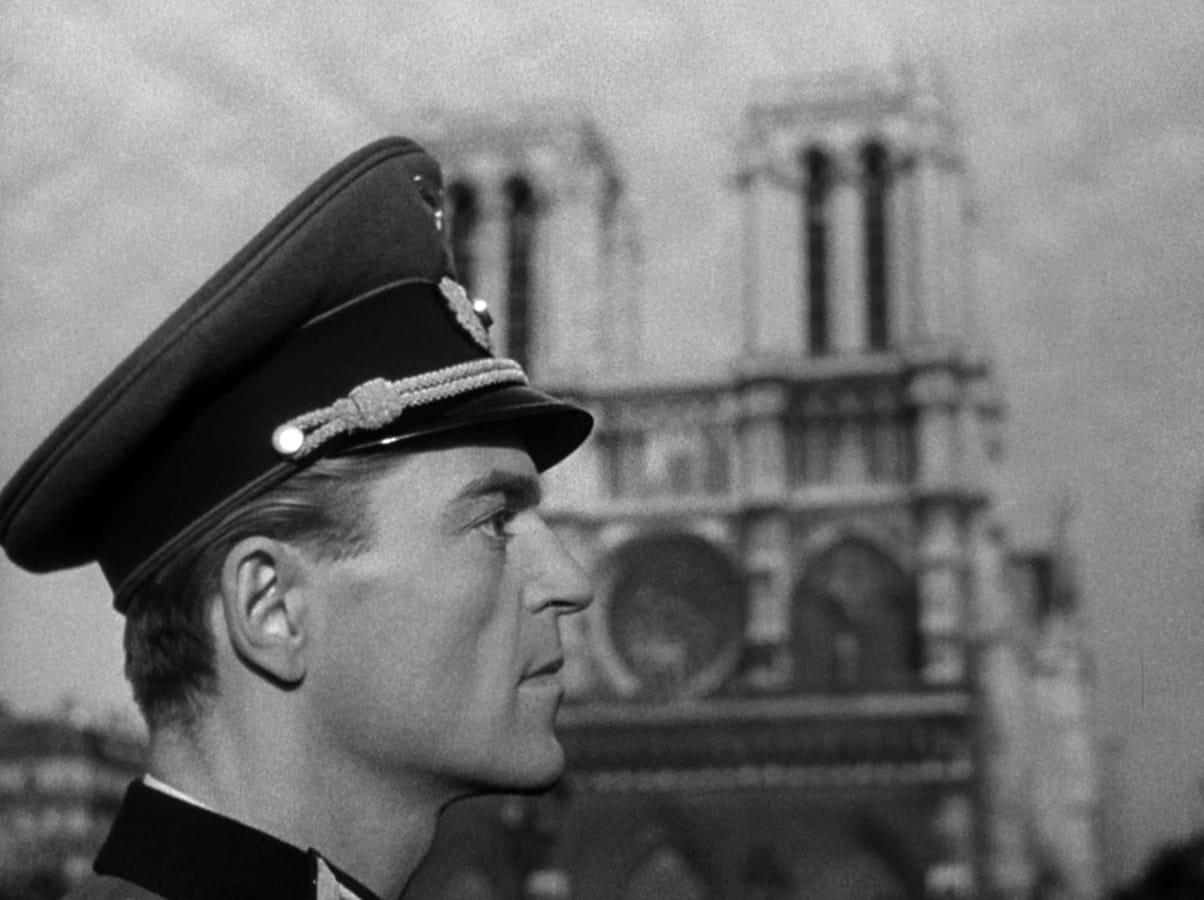
Le silence de la mer
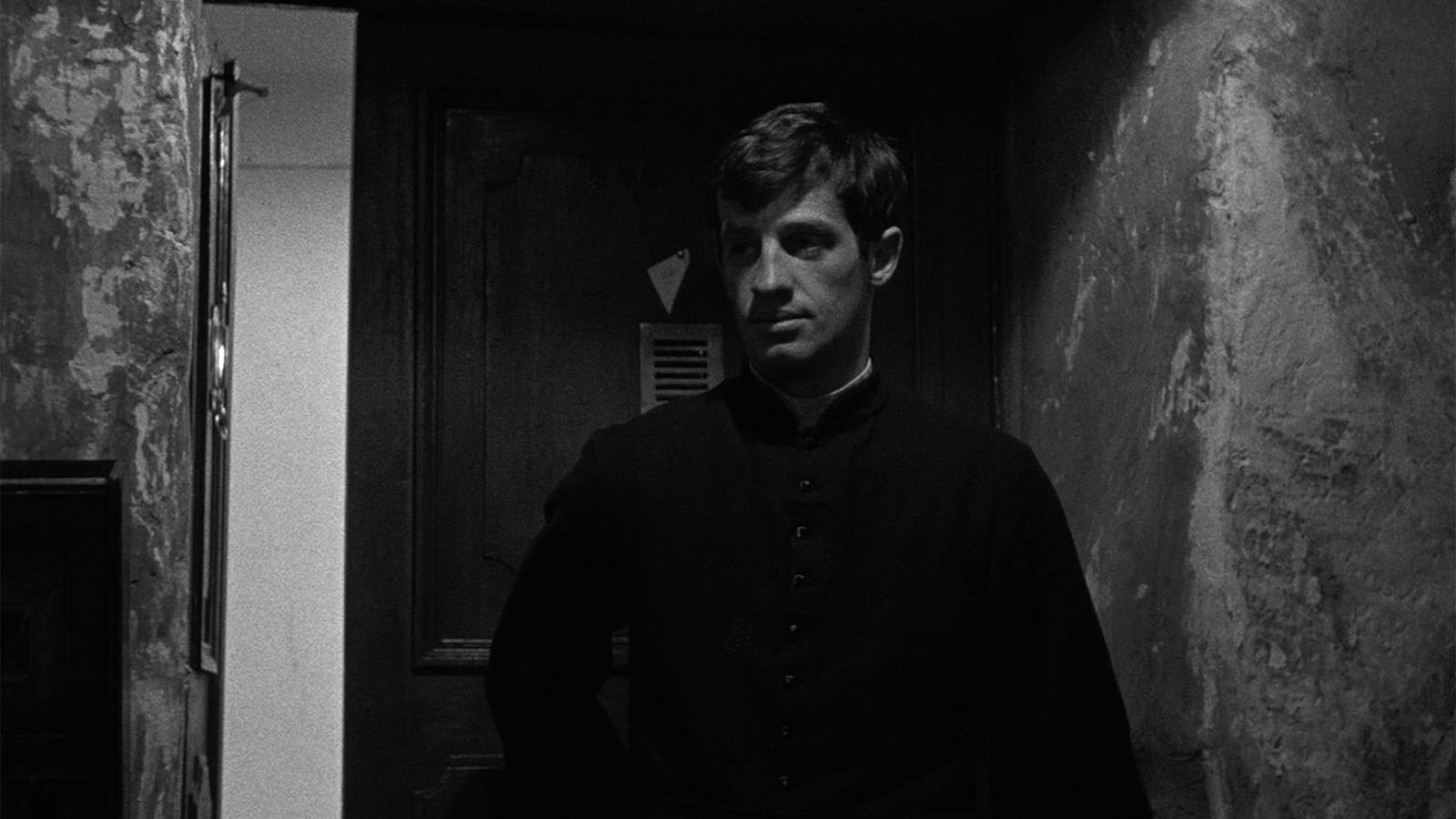
Léon Morin, Priest
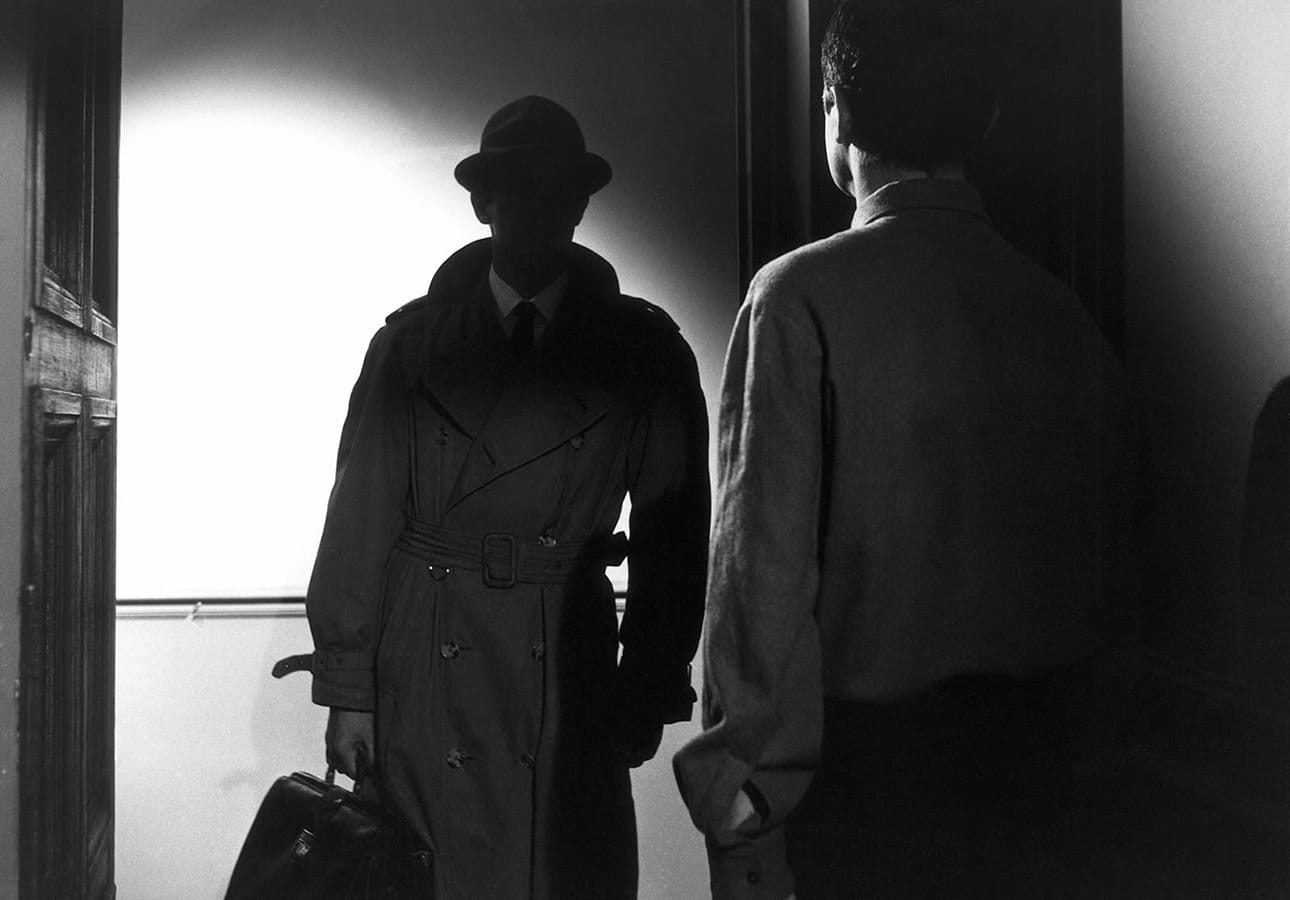
Le doulos
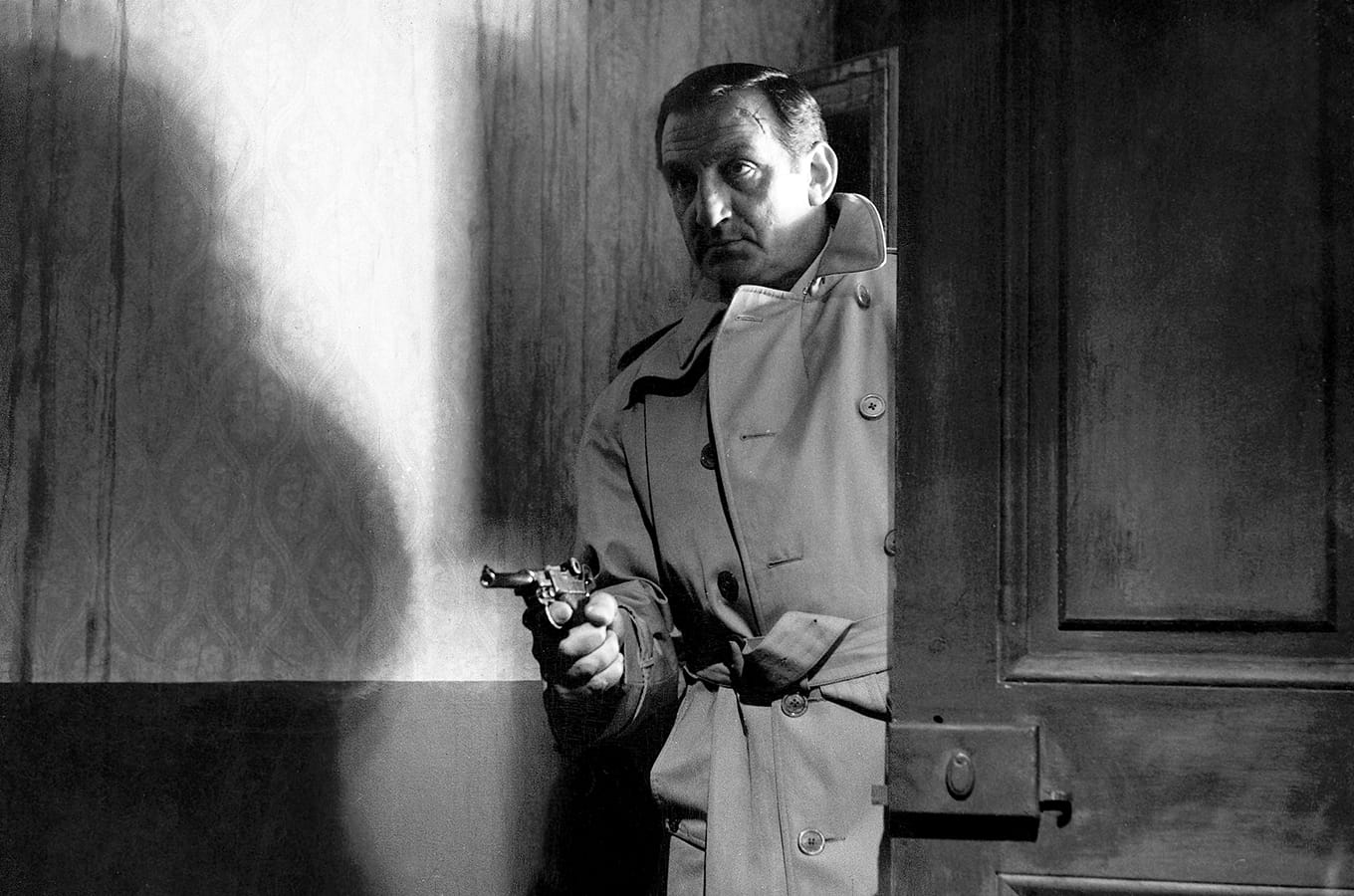
Le deuxième souffle
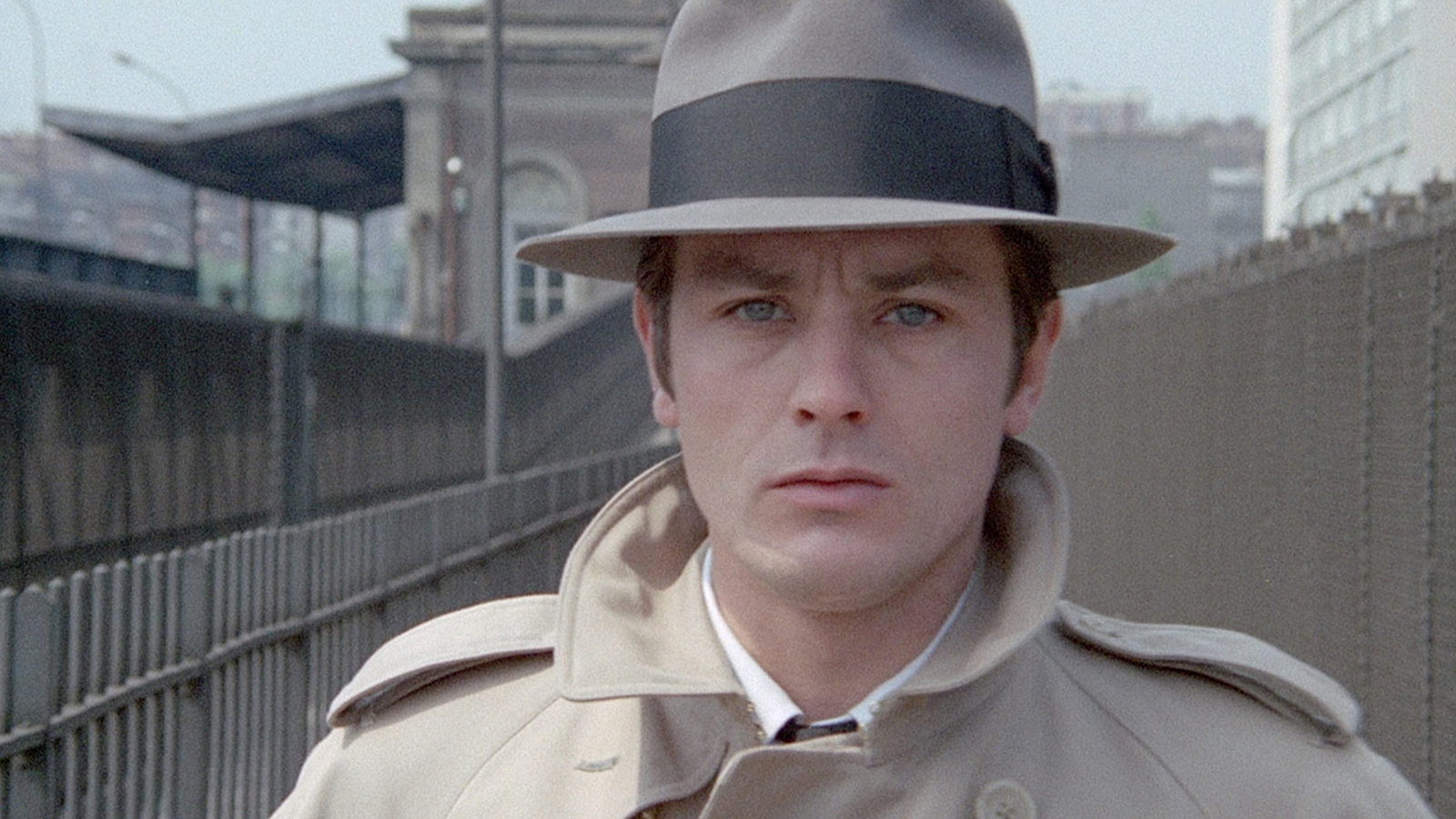
Le samouraï
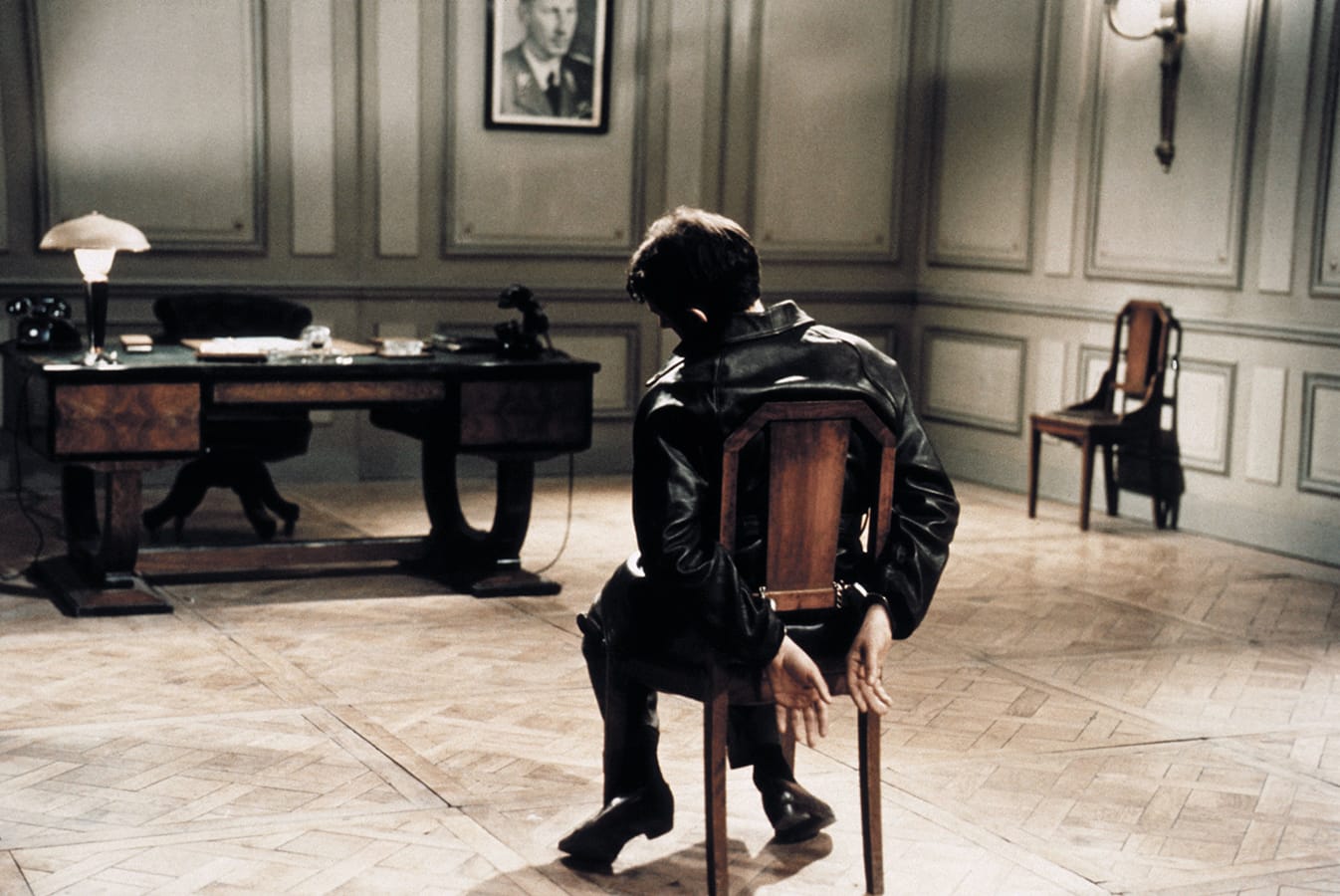
Army of Shadows
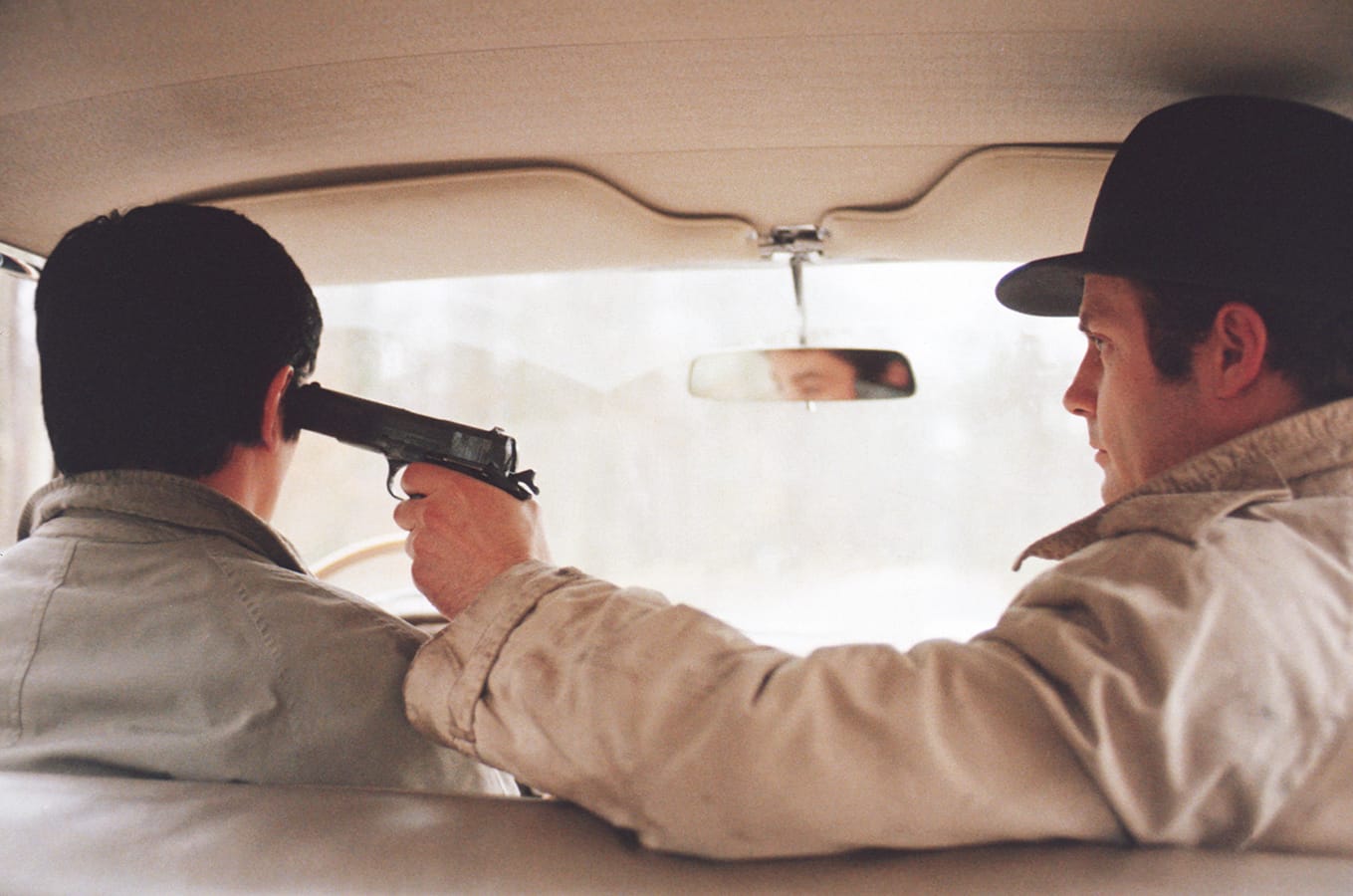
Le cercle rouge